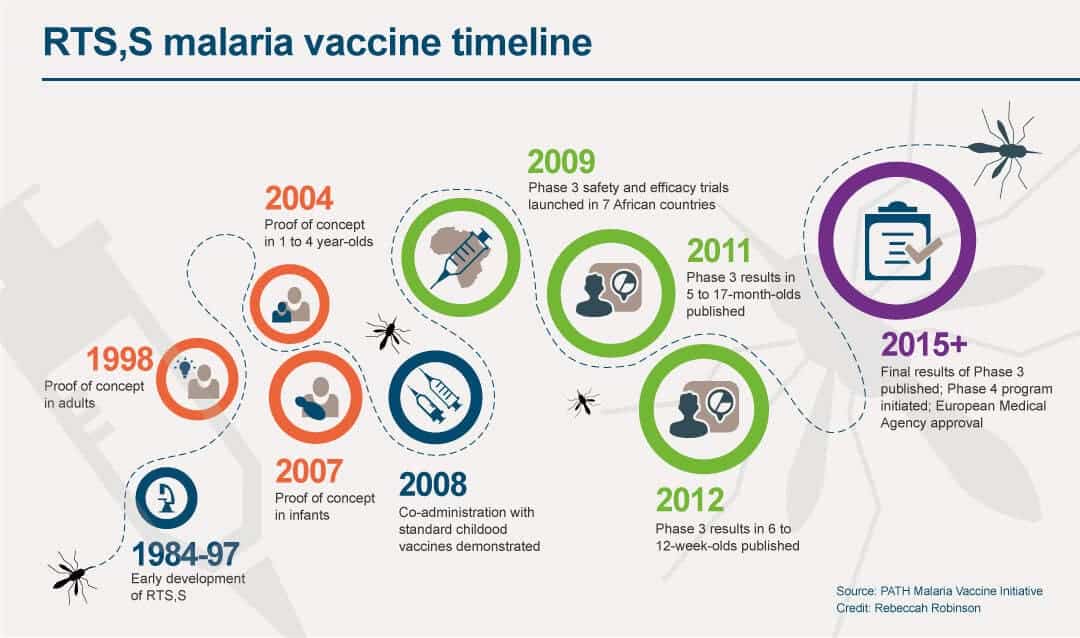Blood-thirsty mosquitoes can be directed to feed on a toxic plant-based solution that mimics blood and kills them, according to a new study. The researchers believe this could be a solution to diseases so far hard to tackle such as malaria and dengue fever, specifically targeting the infected mosquitoes without affecting any other species.

There are several approaches currently being used to tackle mosquitoes carrying diseases, such as genetic manipulations of the insects, larvicides, and the use of insecticides that act once ingested or touched. The most commonly used method is the attractive toxic sugar bait (ATSB), a sugar infused with a toxin such as boric acid. But it has its drawbacks.
The sugar baits attract mosquitoes but also other insect species, including economically important ones, such as bees, which is especially concerning amid an overall biodiversity decline around the world. Thus, researchers agree there’s a need to develop new techniques that can be used extensively in mosquitoes without affecting biodiversity.
A new cocktail
A group of researchers at Stockholm University have developed a solution that mimics blood so well that insects end up choosing it. Called “pink juice” by the researchers, the solution is harmless and inert to humans but toxic for mosquitoes when they eat it, according to Noushin Emami, a researcher at Stockholm University and study author, said in a statement.
The key ingredients are HMBPP, a molecule produced by the malaria parasite, and a toxin called fipronil sulfone. The researchers experimented with other toxins such as savory oil and boric acid but the mosquitoes were repelled by them. Adding the HMBPP molecule was crucial to attract the insects, as only the toxin wouldn’t do the trick.
The solution proved very effective, killing mosquitoes that fed on it in just one to six hours, according to the study. It was so attractive to the insects that they fed on it even when mixed with coffee. It can be distributed with different techniques, from feeder stations to spraying it on foliage so mosquitoes drink it from droplets.
“There are a number of new, exciting, high tech approaches targeting mosquitoes which are entering a large-scale testing but I believe that there is a lot of potential in developing very simple, but highly effective solutions based on simple molecules and using materials which are not only affordable but also accessible to almost anyone,” Emami said.
Half of the world’s population is currently at risk from mosquito-borne diseases, such as Zika virus, West Nile virus, Chikungunya virus, dengue, and malaria. The World Health Organization (WHO) estimates that more than 700,000 people die from them every year. Tropical and subtropical areas are most affected, especially the poorest populations.
The WHO argues quality-assured vector control as one of the main strategies to control malaria and other diseases. At the moment, our best defense is pesticides, nets, or repellents, but these measures are only partially effective. Last week, the WHO approved the first vaccine against malaria, which will be given to African children after a large-scale pilot program.
The study was published in the journal Communications Biology.







